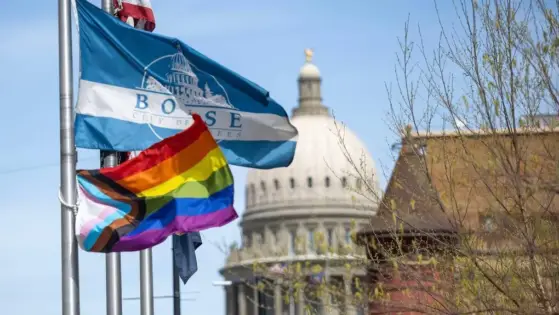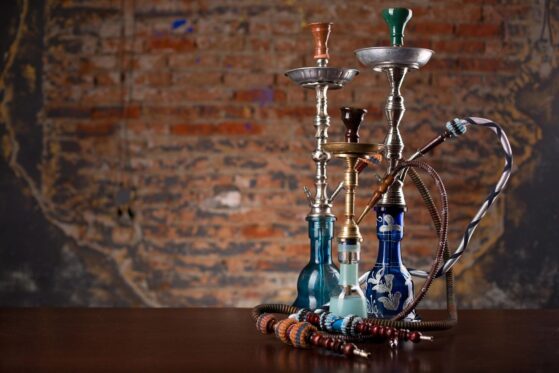You Cannot End the War on Drugs Without Legalization
New Jersey Gov. Chris Christie made headlines again, this time without messing up anyone’s commute. At his inaugural, Christie said, “We will end the failed war on drugs that believes that incarceration is the cure of every ill caused by drug abuse.”
Oh, really? Aren’t you the same Gov. Chris Christie who, just last month, when asked about expanding the state’s severely restrictive medical marijuana law to allow epileptic children to import the high-CBD oil Alepsia from Colorado, said, “I am done expanding the medical marijuana program under any circumstances.” Your big worry was that people advocating for an edible extract of cannabis to help children with Dravet Syndrome, an extract that cannot get anyone high, was a back door way to legalize marijuana, and “They’re not getting legalization under this governor.” So if we’re not getting legalization and you’re going to end the war on drugs, where does that leave us recreational pot smokers?
Chris Christie followed up his “end the failed war on drugs” with the caveat “We will make drug treatment available to as many of our non-violent offenders as we can…” Uh-huh, keep drugs illegal, keep the police power to intimidate, harass, intrude, search, seize, arrest, book, and throw in a holding cell, but the end result isn’t a steel bar cage, but a Narcotics Anonymous meeting three times a week, some community service, and regular urine testing backed by the threat of a steel bar cage, right? Or maybe it’s just a citation, a large fine, with an appearance before a judge who sentences you to that rehab.
Sorry, we’ve heard it before. In 2009, Drug Czar Gil Kerlikowske told the Wall Street Journal, “Regardless of how you try to explain to people it’s a ‘war on drugs’ or a ‘war on a product,’ people see a war as a war on them,” he said. Since that point, there have been more DEA raids of medical marijuana dispensaries than there were under eight years of George W. Bush. Never mind those well-armed federal agents smashing your store and seizing your assets, because “We’re not at war with people in this country,” according to Kerlikowske.
The War on Drugs cannot end until the use of drugs is no longer a crime. And there is hope it is ending, as President Obama has directed the Justice Department to allow legalization in Colorado and Washington to move forward. In a widely-quoted interview this weekend, the president said of those two states’ laws, “it’s important for society not to have a situation in which a large portion of people have at one time or another broken the law and only a select few get punished.” The president also said, “I don’t think [marijuana] is more dangerous than alcohol.”
But now the President’s press secretary, Jay Carney, is walking back some of those statements. Carney explained that when the president said pot is less dangerous “in terms of its impact on the individual consumer” than alcohol, he really only meant we’ve been disproportionately arresting minorities because we’ve enforced “our drug laws in a way that has been counterproductive.” Did someone at DEA complain that stating marijuana is safer than alcohol makes it difficult to defend scheduling marijuana as a deadly drug as dangerous as heroin with no medical value?
Only legalization ends the War on Drugs. Medical marijuana doesn’t go far enough – ask the raided dispensaries in California and Washington, the shuttered dispensaries in Montana and Michigan, and the desperate patients still without access. Decriminalization doesn’t go far enough – ask the imprisoned growers in Oregon and Ohio, the harassed urban youth in New York City, and the dead traffickers in Mexico.
So long as marijuana is a contraband item, even if possessing a small amount is merely a ticket, the War on Drugs continues, we’ve merely de-escalated the conflict. The smell of it is still reason for police to harass citizens. The trade in it is still prohibited and that is where the violence lies. The use of it is still opposed by government by force. Anything less than political support for legalization isn’t “ending the War on Drugs”, it’s repackaging it to appease the 93% of voters who believe the War on Drugs has failed.






